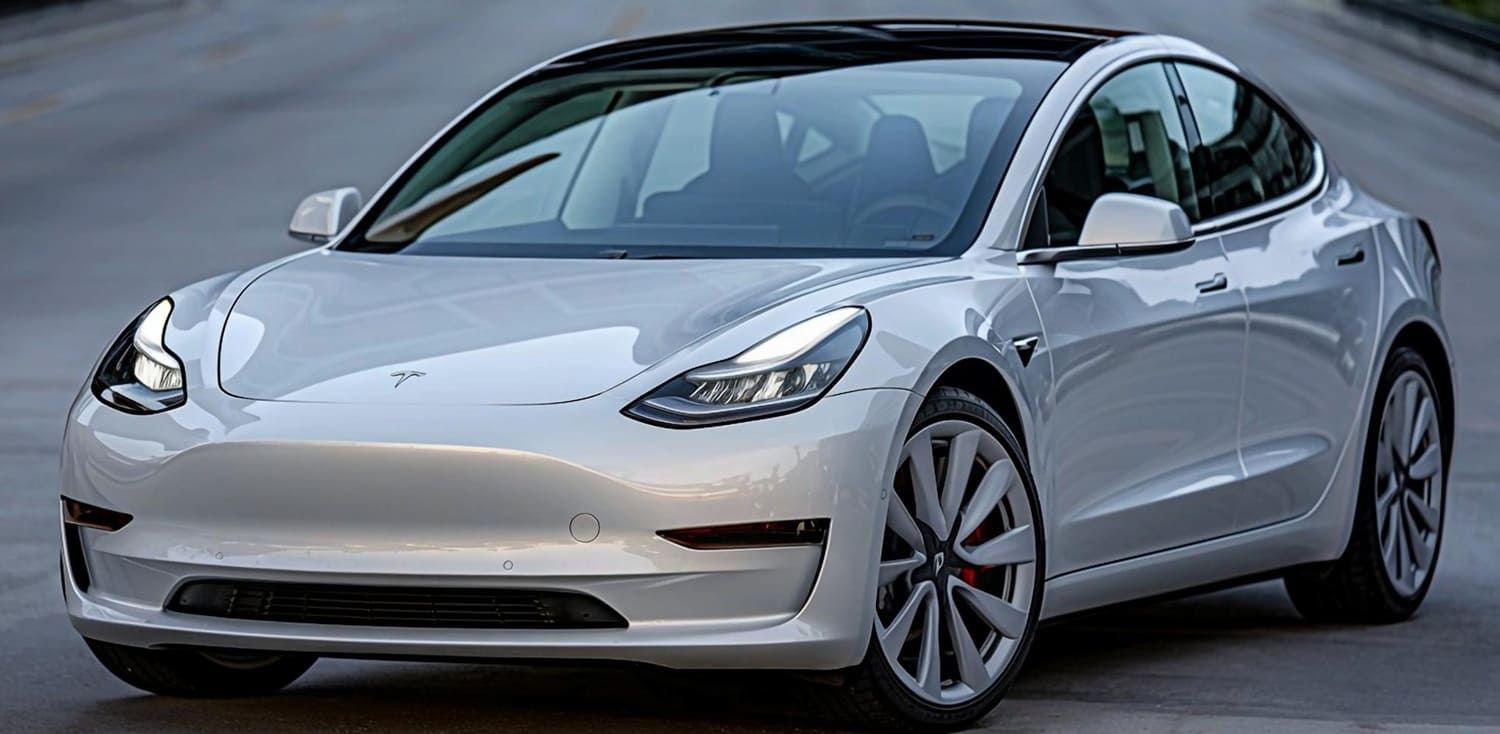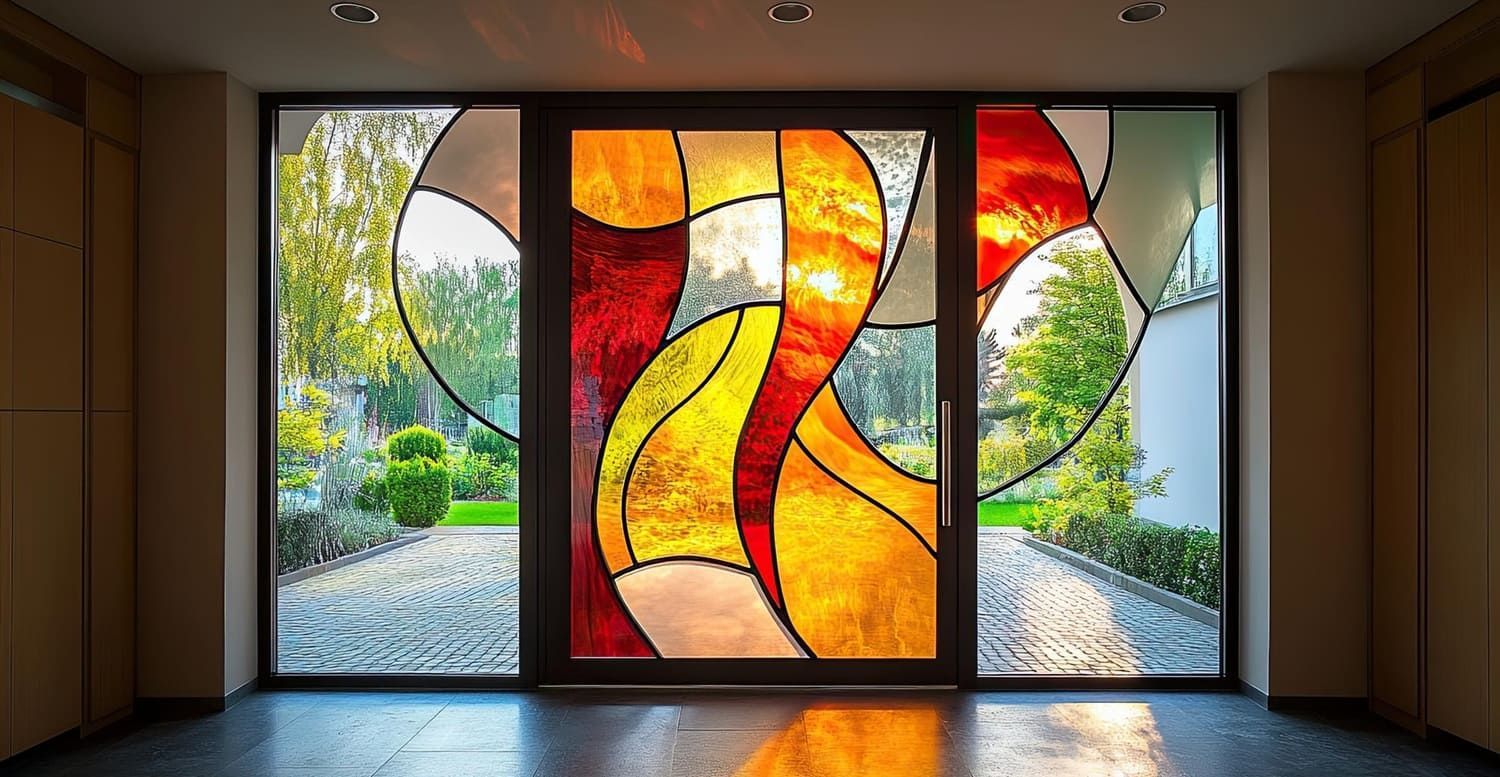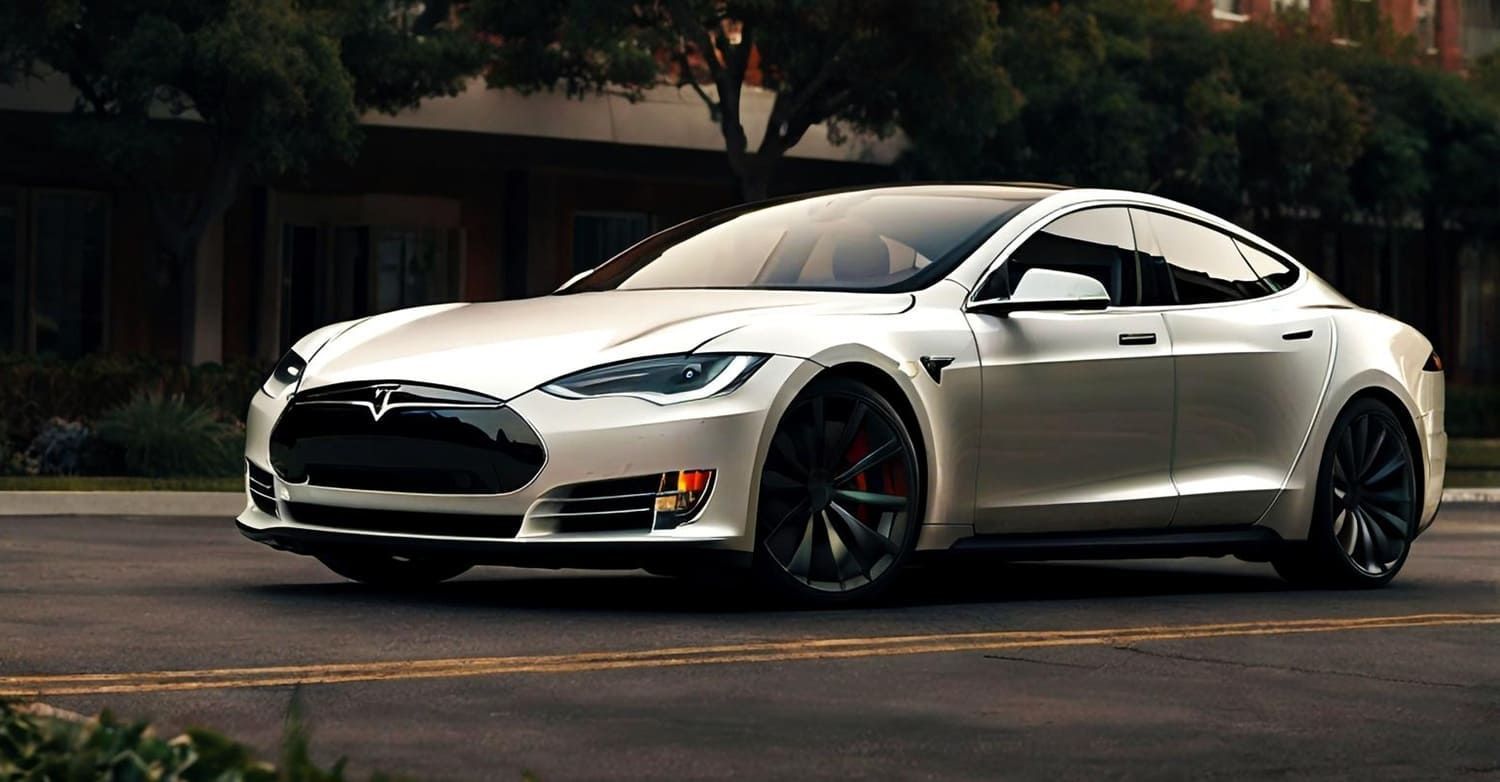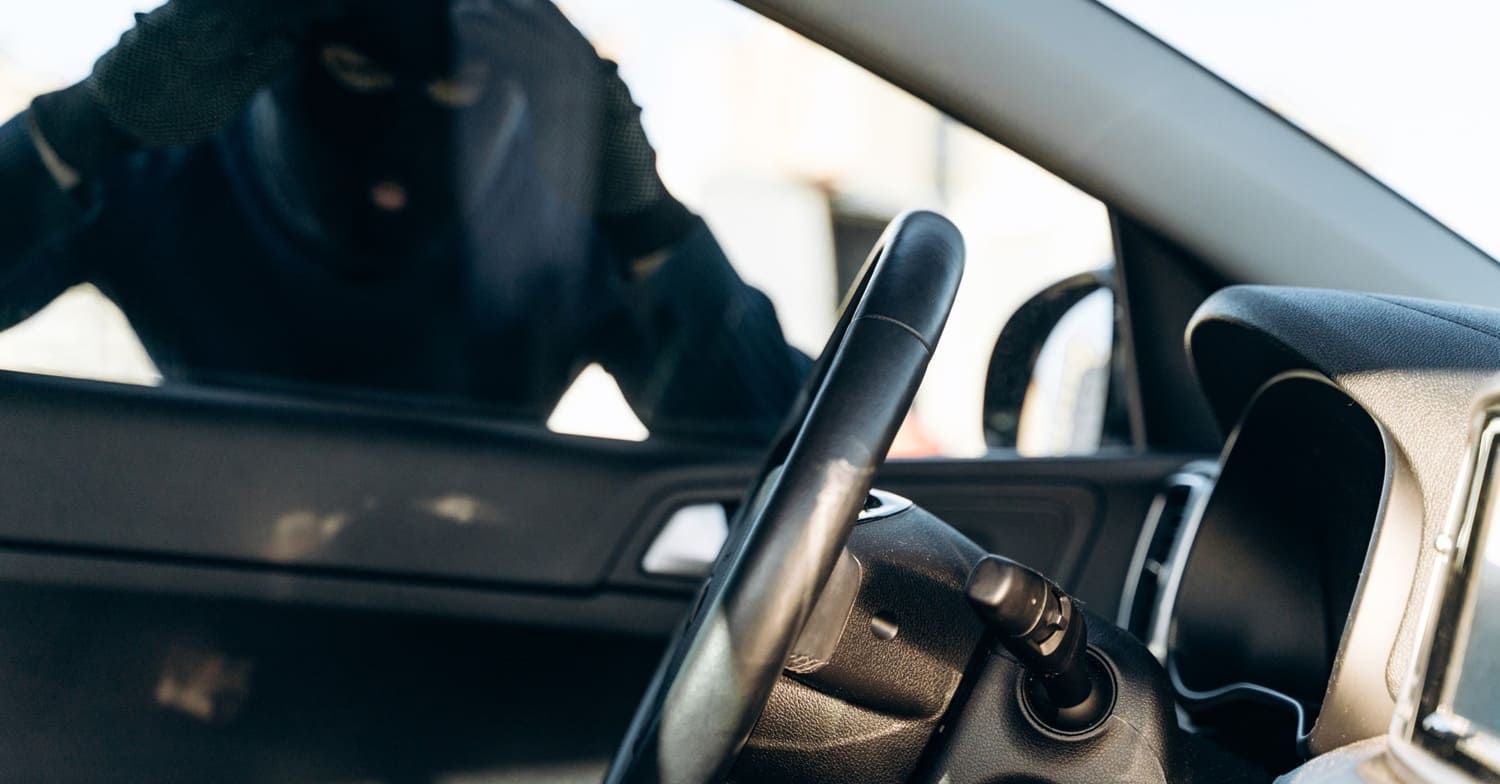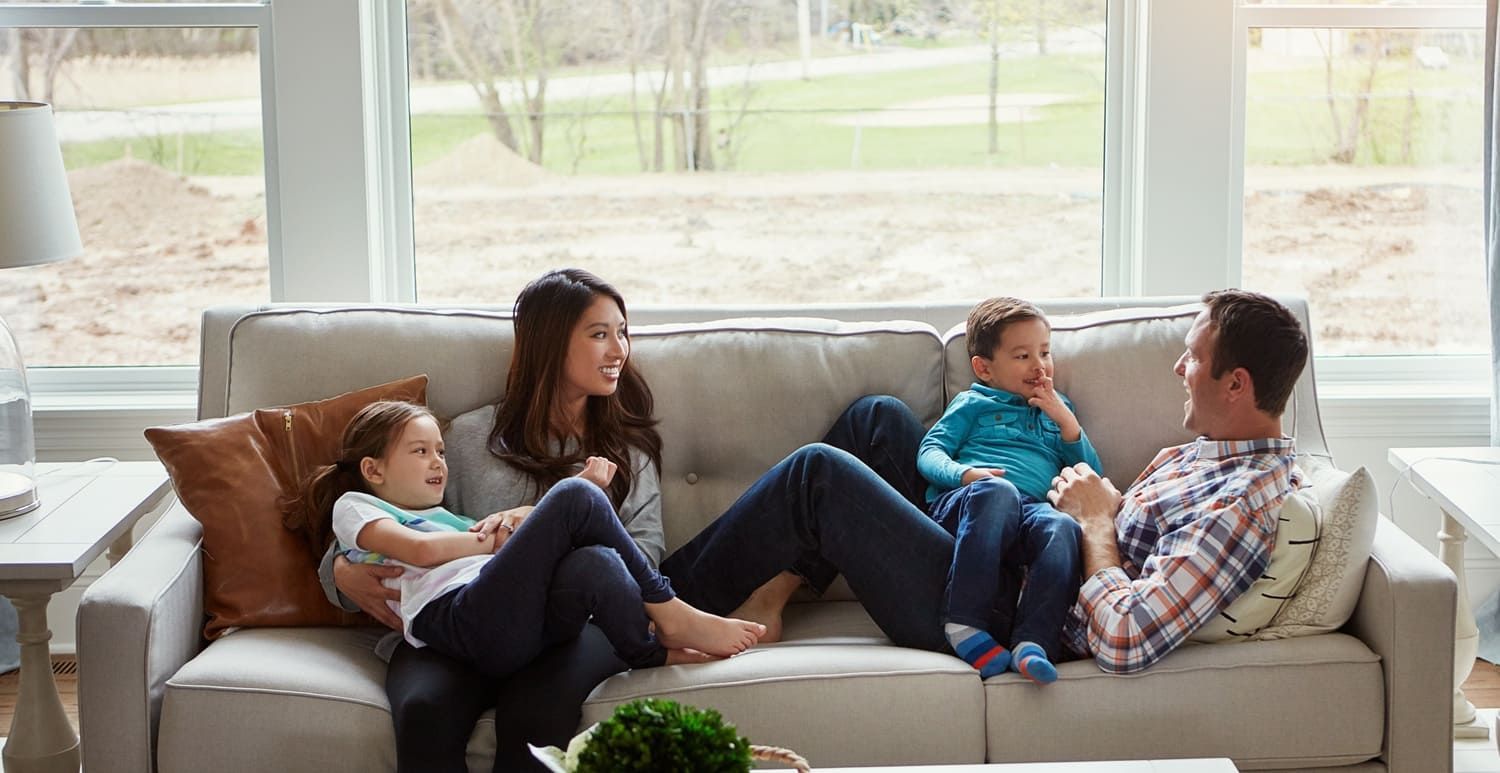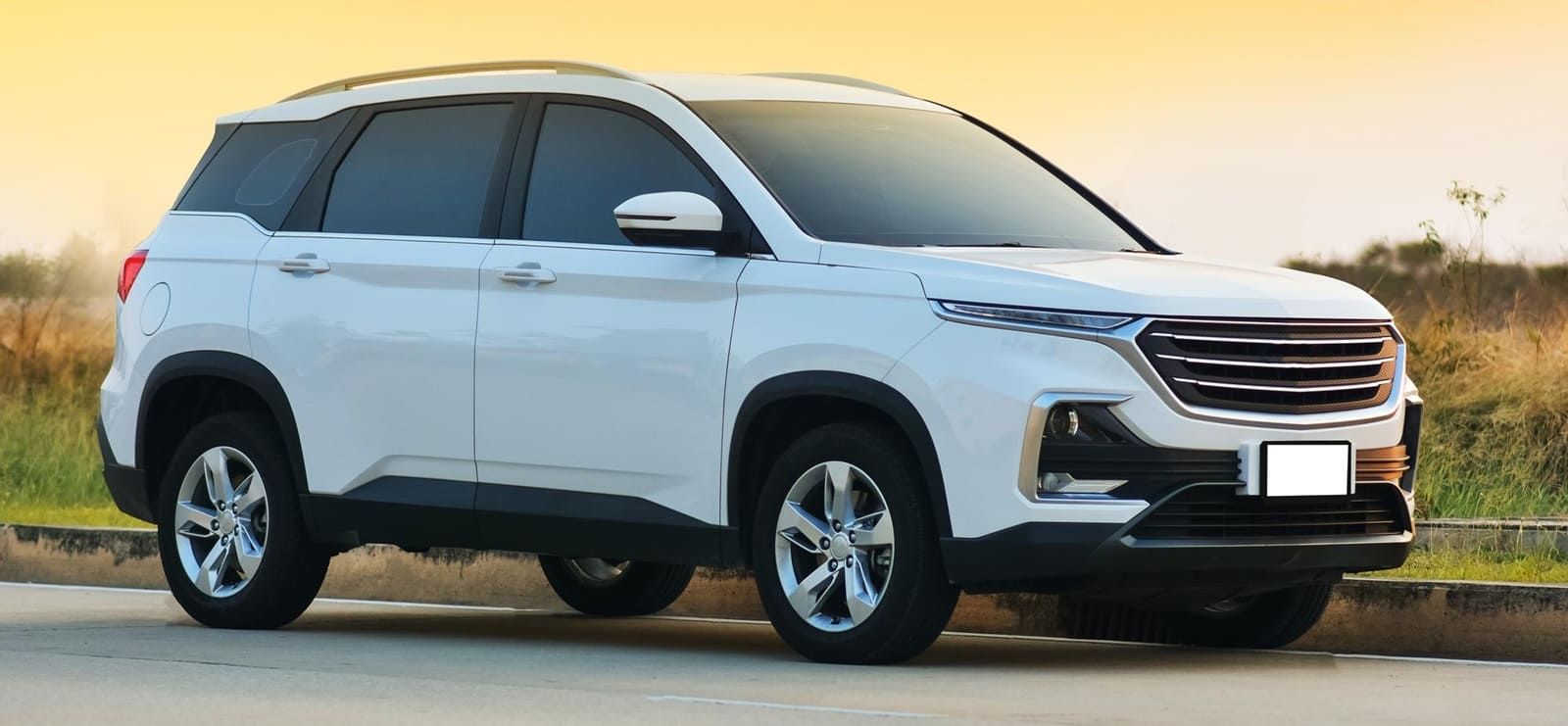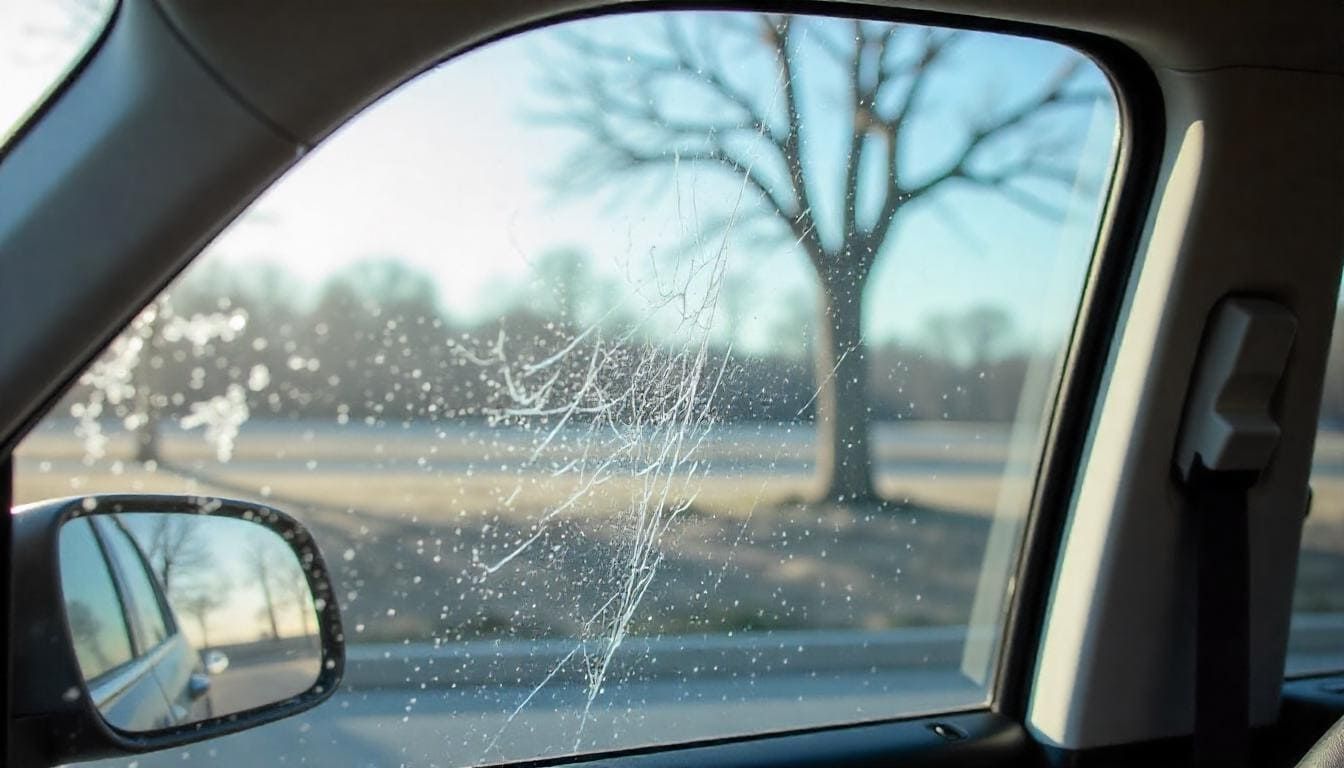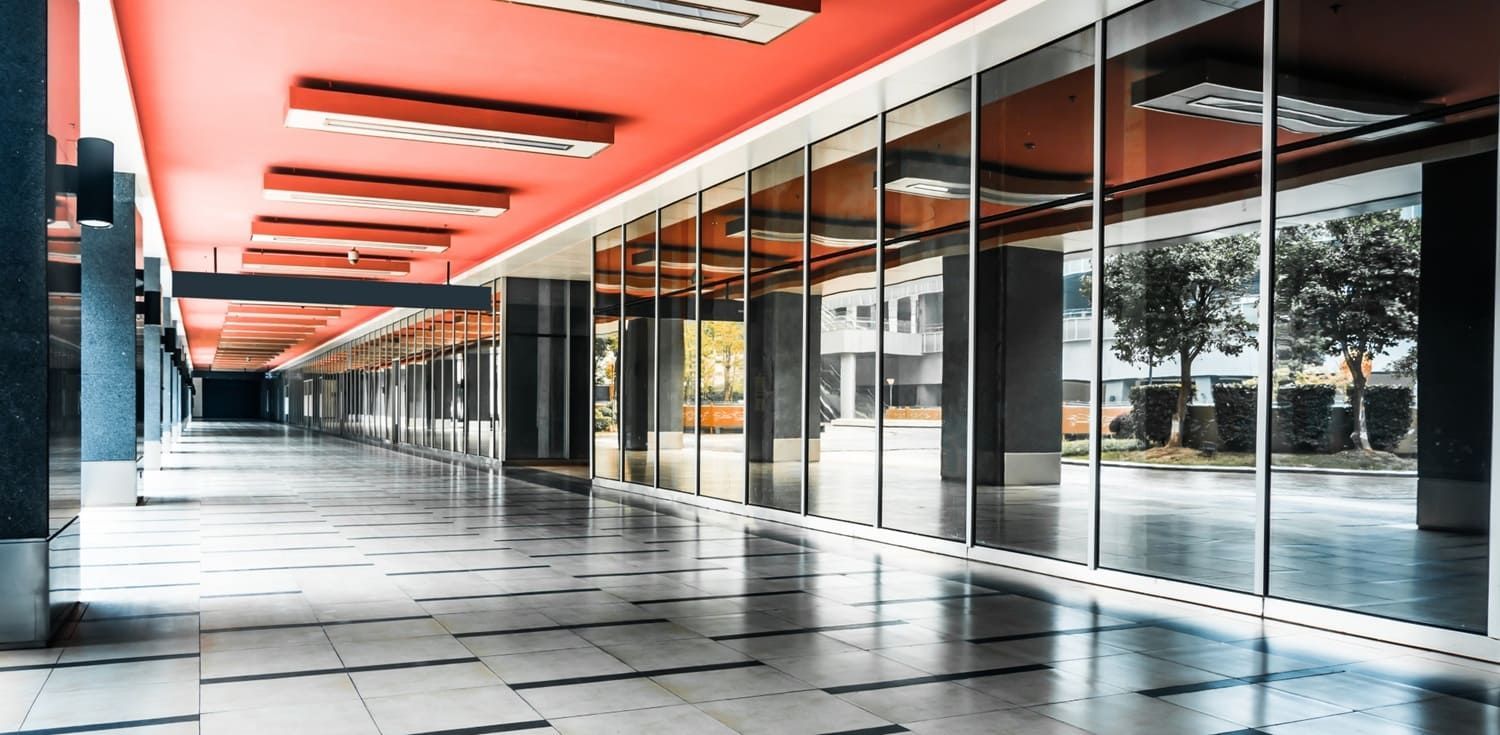The Ultimate Guide to Popular Window Tinting Options: Dyed, Ceramic, and Carbon
Choosing the right window tint for your car can be a bit overwhelming. There's dyed, ceramic, and carbon tint to consider, each with its own perks and drawbacks. Whether you're looking for privacy, heat reduction, or just want your car to look cool, there's a tint out there for you. But before you dive in, it's important to know what you're getting into.
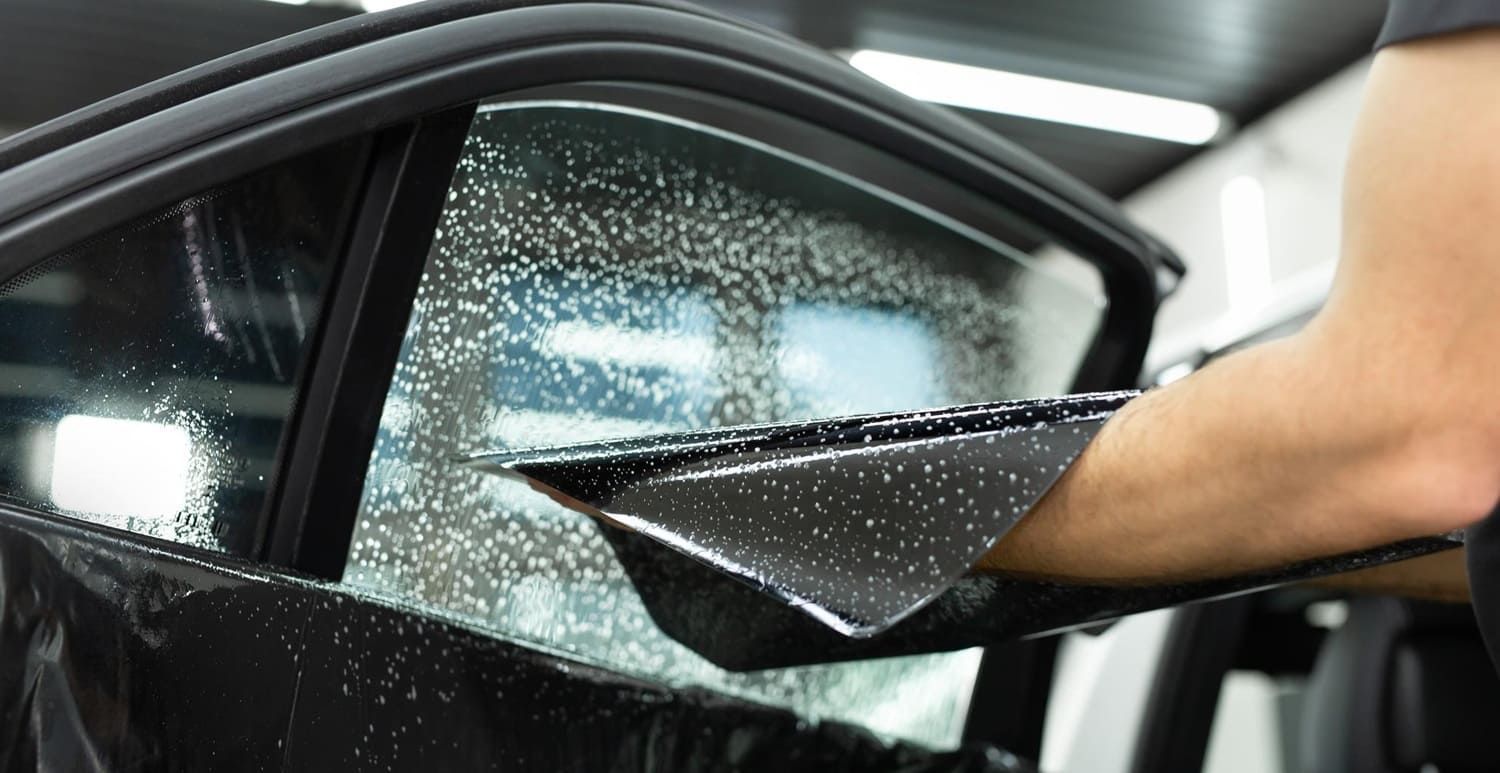
Key Takeaways
- Dyed window tint is budget-friendly but may fade over time.
- Ceramic tints offer top-notch heat and UV protection without signal interference.
- Carbon tints provide a sleek matte finish and are durable.
- Consider legal restrictions in your area before choosing a tint.
- Professional installation can ensure a better finish compared to DIY.
Understanding Car Window Tinting Options
Benefits of Window Tinting
Tinting your car windows isn't just about making your ride look cool. It's practical too. Here are some reasons why people do it:
- Heat Reduction: Tinted windows can keep your car cooler, especially during those hot summer days.
- UV Protection: They block harmful UV rays, which can protect your skin and prevent your car's interior from fading.
- Increased Privacy: Tinted windows make it harder for people to see inside your car, giving you more privacy.
- Reduced Glare: It cuts down on glare from the sun and headlights, which can make driving safer.
- Aesthetic Appeal: Let's face it, tinted windows just look sleek and stylish.
Common Misconceptions About Tinting
Window tinting has its myths. Let's clear up a few:
- It’s Just for Looks: While aesthetics are a benefit, tinting offers practical advantages like UV protection and heat reduction.
- Tinting is Expensive: There are options for every budget, from DIY kits to professional jobs.
- All Tints are Illegal: Tint laws vary by state, but legal options are available.
Legal Considerations for Tinting
Before you tint your windows, check the laws where you live. Here’s what to consider:
- Visible Light Transmission (VLT): This is the amount of light that can pass through your windows. States have different legal limits.
- Medical Exemptions: Some states allow darker tints if you have a medical condition that requires it.
- Different Rules for Different Windows: Front, rear, and side windows might have different legal requirements.
Remember, when it comes to window tinting, it's not just about style. It's about comfort, safety, and compliance with the law.
Exploring Dyed Window Tint
Advantages of Dyed Tint
Dyed window tint is often the go-to for folks dipping their toes into the world of car window tinting. Why? It's one of the most affordable options out there. Here's what makes it stand out:
- Cost-Effective: You won't break the bank with dyed tint. It's a budget-friendly way to get started with window tinting.
- Variety of Shades: You can customize the look with different levels of darkness, tailoring your car's appearance to your liking.
- Glare Reduction: It does a decent job at cutting down the glare from the sun or headlights, making driving a bit more comfortable.
Limitations of Dyed Tint
Of course, nothing's perfect, and dyed tint has its drawbacks:
- Limited UV Protection: Unlike some other tints, dyed tint doesn’t block UV rays effectively, which means less protection for your skin and car interior.
- Heat Rejection: It absorbs heat rather than reflecting it, so it might not keep your car as cool as other types.
- Durability: Over time, the dye can fade, leading to a less effective tint and requiring replacement sooner than other types.
Ideal Scenarios for Dyed Tint
So, when should you consider dyed tint? Here are a few scenarios:
- Budget Constraints: If you're looking to save money but still want the benefits of tinted windows, dyed tint is a solid choice.
- Aesthetic Focus: If your main goal is to enhance your car's look without worrying too much about UV or heat protection, this is a great option.
- Temporary Solution: Planning to upgrade later? Start with dyed tint as a temporary measure before moving on to something more durable.
The Benefits of Ceramic Window Tint
Superior Heat Reduction
Ceramic window tint is a game-changer when it comes to keeping your car cool. It's crafted with tiny ceramic particles that are super effective at blocking heat. Unlike other tints, it can cut down solar heat by up to 50%. This means your car stays cooler, reducing the need to blast the AC, especially on those scorching summer days. Not only does this keep you comfortable, but it also helps save on fuel as the air conditioner doesn't have to work as hard.
Non-Interference with Electronics
One of the standout features of ceramic tint is that it doesn't mess with your gadgets. Some tints, especially those with metal, can interfere with signals for your phone, GPS, or radio. But ceramic tint? Nope. It’s nonconductive, so your Bluetooth, Wi-Fi, and other electronic devices function just fine. This makes it a top pick for tech-savvy drivers who rely on their in-car electronics without any hiccups.
Long-Term Durability
Ceramic window tints are built to last. They don’t fade over time like some of the cheaper options out there. The ceramic particles ensure that the tint maintains its color and effectiveness for years. Plus, it offers excellent shatter resistance, adding an extra layer of safety. This durability means you get great value for your money, as you won’t need to replace it anytime soon.
Ceramic window tint offers a blend of performance and longevity that's hard to beat. It's a solid investment for those looking to enhance their vehicle's comfort and functionality.
Why Choose Carbon Window Tint
Matte Finish Appeal
Carbon window tint is all about that sleek, matte finish. It's not just about looks, though. This type of tint gives your car a modern, understated vibe that many find appealing. Unlike other tints that might fade or lose their luster over time, carbon tint holds its appearance for years. It's like giving your car a style upgrade that lasts.
UV and Heat Protection
One of the biggest perks of carbon window tint is its ability to block out harmful UV rays and keep your car cooler. Carbon particles in the tint are excellent at reducing heat and
protecting your car's interior from sun damage. This means less wear and tear on your seats and dashboard, and a more comfortable ride during those scorching summer months.
Cost-Effectiveness
While carbon tints might not be the cheapest option on the market, they offer great value for the money. They provide a solid balance between performance and cost. You get a durable product that doesn't fade, offers good heat reduction, and looks fantastic. Plus, since it doesn’t interfere with electronic devices, you won’t have to worry about any annoying signal issues. It's a smart investment for those who want quality without breaking the bank.
Choosing carbon window tint is about more than just aesthetics. It's a practical choice that combines style, durability, and performance, making it a favorite among car enthusiasts looking for a reliable tinting solution.
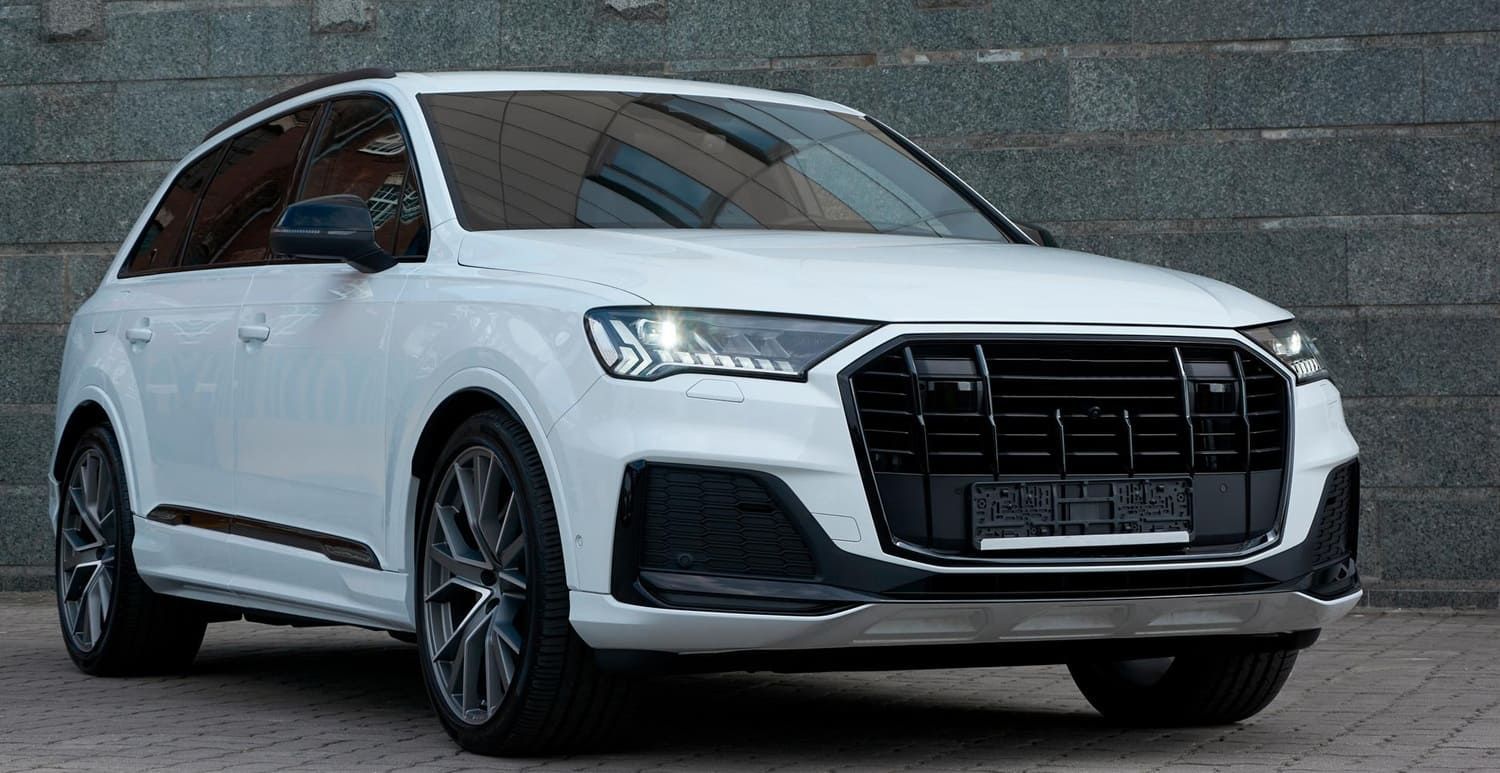
Performance vs. Cost
When it comes to choosing window tinting, you often have to weigh performance against cost. Here's a quick breakdown:
| Tint Type | Performance | Cost |
|---|---|---|
| Dyed | Low | Low |
| Metalized | Medium | Medium |
| Hybrid | Medium-High | Medium |
| Ceramic | High | High |
| Carbon | High | Medium-High |
- Dyed tints are the most affordable, but they don't offer much in terms of heat reduction or UV protection.
- Metalized tints provide better performance with added durability but can interfere with electronics.
- Hybrid tints strike a balance, offering decent performance without breaking the bank.
- Ceramic tints are top-notch for heat and UV protection but come at a premium price.
- Carbon tints offer excellent performance with a sleek matte finish, making them a popular choice for those looking for quality without the highest price tag.
Durability and Maintenance
Durability varies across different tints, impacting how often you'll need to replace or maintain them.
- Ceramic and carbon tints are known for their longevity and minimal maintenance needs. They resist fading and maintain their effectiveness over time.
- Dyed tints, while cheaper, tend to fade faster and might need more frequent replacement.
- Metalized tints can last a long time but might require maintenance due to potential signal interference issues.
Aesthetic Considerations
Aesthetics play a big role in the decision-making process for many car owners. Here's what to consider:
- Dyed tints offer a classic dark look but don't have the reflective quality some prefer.
- Metalized tints give a shiny, metallic finish, which some might find appealing.
- Carbon tints provide a sleek matte look that many modern car owners love.
- Ceramic tints are almost invisible, keeping the car's original look while offering high performance.
Remember, the best tint for you depends on your priorities—whether it's cost, performance, durability, or aesthetics. Each type has its own set of pros and cons, so weigh them carefully before making a decision.
Factors to Consider When Selecting Tint
Climate and Environmental Factors
When you're picking out window tint, think about the weather where you live. If you're in a hot and sunny place, you'll want a tint that keeps your car cool. Ceramic tints are great for this because they block a lot of heat and UV rays. But if you're in a place with mild weather, you might not need something so heavy-duty.
Personal Privacy Needs
Privacy is another big thing to consider. If you want to keep prying eyes out, go for a darker tint. Dyed tints are good for this and give a sleek look. But remember, the darker you go, the more you need to check your local laws to make sure it's legal.
Budget Constraints
How much you're willing to spend is going to affect your choice a lot. Ceramic tints are top-notch but can be pricey. If you're on a budget, dyed or hybrid tints might be the way to go. They’re cheaper but still offer some good benefits.
Picking the right tint isn't just about the look. It's about balancing what you need with what you can afford. Consider how long you'll keep your car and what you want out of your tint. A little thought now can save you money and hassle down the road.
Professional Installation vs. DIY Tinting
Pros and Cons of Professional Installation
Opting for a professional to tint your car windows can be a smart move if you’re after a flawless finish. Pros bring expertise, ensuring the tint is applied smoothly without bubbles or creases. They also have access to high-quality materials and tools, which can make a big difference in how the tint looks and lasts.
- Expertise and Experience: Professionals know the ins and outs of tinting, from selecting the right tint to applying it perfectly.
- Quality Materials: They often use better quality tints that might not be available to the average consumer.
- Warranty and Support: Many professional services offer warranties, giving you peace of mind in case something goes wrong.
However,
professional services come at a cost, which can be significantly higher than doing it yourself. Plus, you’ll need to schedule an appointment and leave your car at the shop, which might be inconvenient.
DIY Tinting Tips
If you’re a hands-on person, DIY tinting can be a rewarding project. It’s cheaper and gives you the satisfaction of doing it yourself. But, it’s not without challenges.
- Preparation is Key: Clean your windows thoroughly. Any dirt or grease can cause the tint to peel or bubble.
- Measure Twice, Cut Once: Be precise with your measurements to avoid wasting material.
- Take Your Time: Rushing can lead to mistakes. Patience is crucial for a smooth application.
DIY kits are widely available and can save you money, but they require precision and patience. Mistakes can lead to bubbles, creases, and an uneven finish, which can be frustrating.
Common Mistakes to Avoid
When it comes to tinting your own windows, there are a few pitfalls to watch out for:
- Ignoring Local Laws: Each state or region has specific laws about how dark your tint can be. Make sure your DIY job complies.
- Using Cheap Materials: Low-quality tint films can fade quickly and may not provide the UV protection you need.
- Skipping the Prep Work: Properly cleaning and preparing your windows is crucial for a successful tinting job.
Tinting your car windows yourself can save money, but it’s crucial to follow the steps carefully and be aware of the potential pitfalls. If in doubt, consulting a professional might save you time and headaches in the long run.
Wrapping It Up
So, there you have it, a rundown on the popular window tinting options out there. At Solar X of the Palms, an LLumar Auto Tint Dealer in West Palm Beach, FL, we offer a variety of window tinting solutions to suit your needs and budget. Whether you're leaning towards the budget-friendly dyed tint, the durable carbon option, or the high-end ceramic tint, each has its own perks and quirks. It's all about what fits your needs and budget. Remember, the right tint can make a big difference in comfort, style, and even privacy.
So, take your time, weigh the pros and cons, and choose what feels right for you. Contact us today for a free estimate and let Solar X of the Palms help you achieve the perfect window tint for your vehicle. Happy tinting!
Frequently Asked Questions
What are the different types of car window tints available?
There are several types of car window tints, including dyed, metalized, carbon, ceramic, and hybrid tints. Each type offers different benefits like heat reduction, UV protection, and aesthetics.
Is it legal to tint car windows?
Yes, but the legality of window tinting varies by state. Each state has its own regulations regarding how dark or reflective the tint can be, so it's important to check local laws.
How long does window tint last on a car?
The lifespan of window tint varies depending on the type and quality. Cheaper tints may last around five years, while high-quality options like ceramic tints can last over a decade.
Does window tint affect electronic devices?
Metalized tints might interfere with electronic devices due to their metallic particles. However, ceramic and carbon tints do not interfere with electronic signals.
Can I install window tint myself?
Yes, you can install window tint yourself with DIY kits, but professional installation is often recommended for the best results and to ensure compliance with local laws.
What are the benefits of tinting car windows?
Tinting car windows can reduce heat and glare, block harmful UV rays, increase privacy, and enhance the car's appearance.
